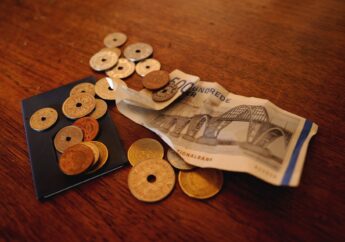Buying a Foreclosure: Taxes on Purchase Price vs. Property Value
by Ankita Tripathy Finance Published on: 21 November 2023 Last Updated on: 24 September 2024
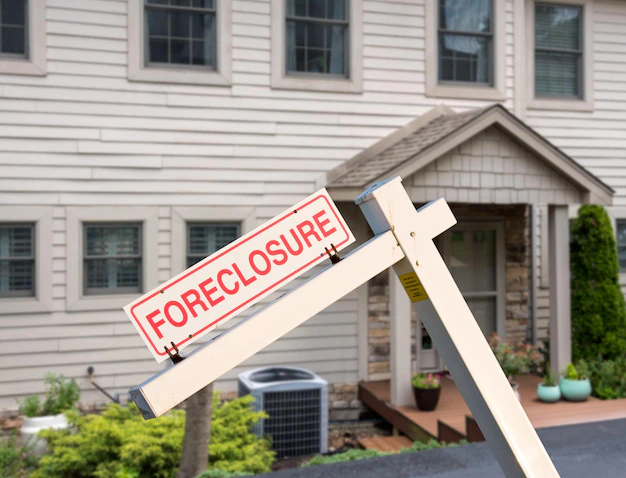
Foreclosures can present lucrative opportunities for real estate investors and homebuyers seeking value in the housing market.
However, it’s essential to understand the tax implications of buying a foreclosure. A common question that arises is whether taxes are levied based on the purchase price or the value of the property.
Below, we’ll clarify the tax considerations associated with buying a foreclosure.
What Is Foreclosure?
Foreclosure is a lengthy and legal process. Here, the lender sells the property to recover the mortgages already in default. Here, the bank takes the entire property ownership and sets auctions afterward.
Foreclosure commonly comes about because the homeowner makes a mortgage payment. But it may take places with the property where the owners did not pay the taxes for quite some time. There are generally two types of foreclosure: the judicial and the non-judicial.
If one discusses foreclosure property from the perspective of a purchaser, there are three stages:
- Pre-foreclosure.
- Auction.
- Post foreclosure.
The process finally ends with a public auction. It denotes anyone who can buy the property.
Tips To Buying Foreclosed Property
Here are some of the tips that you can follow in order to buy the foreclosed property. So, let us get started with the discussion here.
Research Well About The Neighborhood
When you intend to buy a foreclosure property, you have to invest your time in understanding or weighing the pros and cons of living in that particular place. Also, research well on the entire property that is under foreclosure. After conducting all the studies, you can decide whether to purchase such a property.
Find A Real Estate Broker
Before you start with the process of buying the property, you must try to research several real estate property holders. The banks generally take the services of the real estate brokers who look after their properties. Some of them may have worked with the banks. In that case, you must approach them to understand the targeted foreclosure property better.
It’s Better Not To Go For An Unsold Property For A Long Time
One of the tips that you need is to consider the amount of time. Look at the timeframe for which the property remained unsold. If you like one property the owner did not attempt to sell for quite some time, it is better not to go for it.
Foreclosure property selection needs judicial efforts. In such properties, the conditioning systems, the electrical systems, and others might not be in the best of condition. There, you may have to work on the property with and yet spend a lumpsum on bringing these systems to order.
Budget Carefully
The budget of buying the foreclosure property must be your prime focus. Ultimately, you are spending your hard-earned money. Before you finalize the agreement, you have to sort out all the points thats are related directly to purchasing the property. You have the plumbing, electricity, and other costs. Therefore, you have to be mindful of it.
Tax Consideration That Finds Links With Foreclosure
Foreclosure is a legal process where the lender sells the property to recover the dues from the mortgage that already came under the default. However, tax considerations are one of the important elements that find links with foreclosure.
Understanding the Purchase Price:
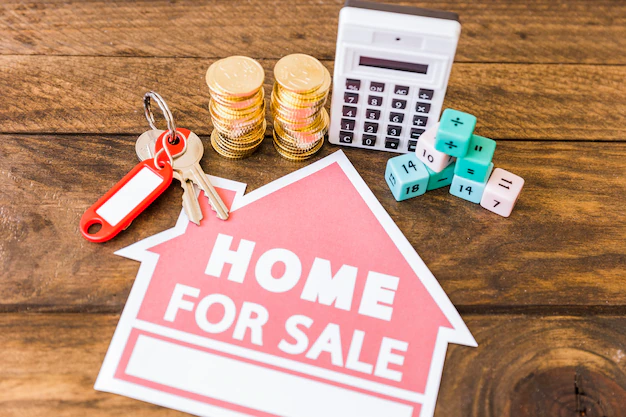
When it comes to property taxes and the purchase price of a foreclosure, it’s important to note that property taxes are typically based on the assessed value of the property.
The assessed value is a determination that the local tax assessor’s office makes. It may not necessarily reflect the purchase price. In many cases, the value of the assessment is lower than the purchase price, especially if the property was acquired in a distressed condition.
Property Assessment Process:
Property assessment, which determines the assessed value used for tax purposes, varies from one locality to another. Generally, it considers factors such as the property’s condition, size, location, and comparable sales in the area. Assessors use these factors to establish a fair market value for the property.
Tax Assessments and Foreclosures:
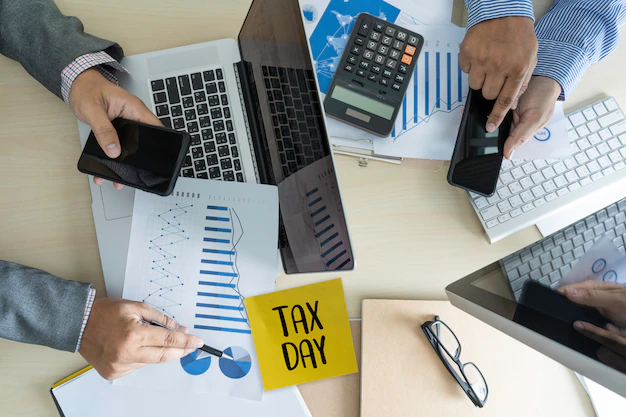
When a property is foreclosed and purchased, the assessed value is often recalculated based on the new condition of the property. If significant renovations or improvements were made during the foreclosure purchase, the assessed value may increase. This reassessment is typically done to reflect the property’s updated condition accurately.
Related: How Property Management Companies Are Revolutionizing Rental Property Services In Los Angeles
Property Tax Bills:
Property tax bills are calculated by multiplying the assessed value of the property by the local property tax rate. The local tax rate can vary widely from one jurisdiction to another. The assessed value used for this calculation is typically based on the property’s condition and comparable sales data.
Receiving a Property Tax Bill:
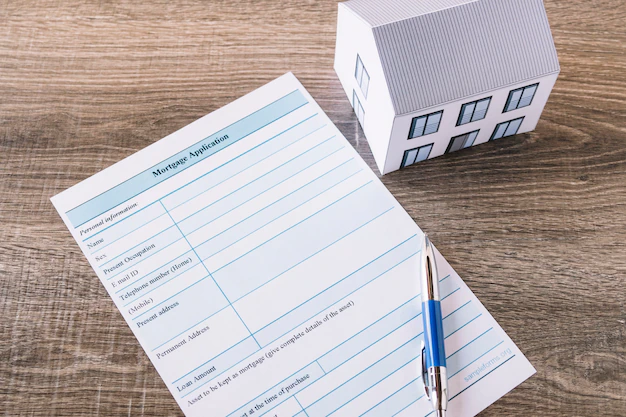
When you purchase a foreclosure, you will receive property tax bills based on the newly assessed value, which may have increased if you made substantial improvements. This means that you could potentially pay higher property taxes than the previous owner if the property’s condition was significantly improved.
Proactive Planning:
To manage property tax expenses when purchasing a foreclosure, it’s crucial to be prepared for potential increases. Consider the following steps:
- Budget for Property Taxes: Account for property tax increases in your budget when purchasing a foreclosure. You should have a clear understanding of the local tax rate and the assessed value.
- Appeal the Assessment: If you believe that the assessed value is unfairly high, you may have the option to appeal it with your local tax assessor’s office. Provide evidence, such as appraisals or other relevant data, to support your case.
- Consult a Tax Professional: A tax professional or real estate attorney can provide guidance on managing property tax obligations and help you understand the local tax assessment process.
In conclusion, when buying a foreclosure, you will pay property taxes based on the assessed value of the property rather than the purchase price. If you make substantial improvements to the property, the assessed value may increase, leading to higher property tax bills. To navigate the tax implications of buying a foreclosure successfully, it’s essential to be informed and prepared and to seek professional advice if necessary.
Read Also:


































































































